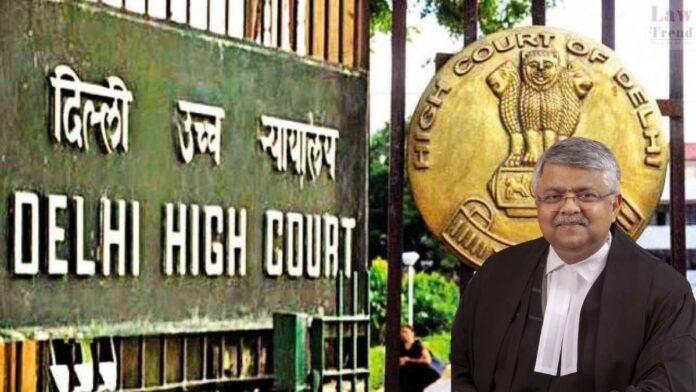The Centre on Wednesday opposed before the high court here a petition by the Delhi Waqf Board against the de-listing of 123 ‘waqf’ properties, saying the Board has no stake in them as they were acquired pursuant to land acquisition proceedings initiated between 1911 and 1914 and the mutation was carried out in its favour.
Delhi Waqf Board, on the other hand, contended that the properties have always been with it and the Centre has no power to “absolve” it of them, while urging the court to direct the maintenance of status quo as an interim measure at this stage.
Justice Manoj Kumar Ohri reserved the order on the Board’s plea after hearing the central government counsel and the senior advocate appearing on behalf of the petitioner.
Earlier this year, the Land and Development Office (LDO) of the Ministry of Housing and Urban Affairs (HUA) had decided to take over 123 properties of the Delhi Waqf Board that included mosques, dargah and graveyards, based on the report of a two-member committee.
The LDO in a letter to Board chairman Amanatullah Khan on February 8 had informed about the decision to absolve the Delhi Waqf Board from all matters related to the 123 properties based on the report.
In its reply to the petition challenging the order, the Centre stated that all 123 properties were acquired pursuant to land acquisition proceedings between 1911 and 1914, compensation was paid, possession was taken and mutation was carried out in its favour.
It also claimed that possession has always been with the Centre and these acquisitions have attained finality and have been used for creating infrastructure.
“In terms of the undisputable and incontrovertible position on record, the properties in question were the subject matter of land acquisition proceedings between 1911 and 1914, pursuant to which these 123 properties were acquired, compensation was paid, possession was taken and mutation was carried out in favour of Government,” the reply said.
“The property so acquired were thereafter used for the purposes of creating infrastructure and buildings etc. that are now identified as the urban scape of Delhi. It is, therefore, submitted that the allegation on behalf of the Petitioners that they have always retained possession is clearly misconceived,” it added.
Senior advocate Rahul Mehra, appearing for the Board, argued that the petitioner has been in “continuous possession known to one and all” in relation to the properties and the law grants no power to the Centre to take away waqf properties.
“(The court may) Go into the record available and look into their source of power. There is no concept of absolving (Waqf Board of its properties),” he said, adding that the Board has even participated in litigations concerning the properties.
Contending that the order in question is illegal and malafide, Mehra said the “real intention is to create communal disharmony”.
The Centre asserted that the petition was without merit and deserved to be rejected.
It also alleged that the petitioner has “no interest” in the said properties as it never appeared before the committee looking into the issue of acquisition.
Earlier, the Board, also represented by lawyer Wajeeh Shafiq, argued that all 123 properties cannot be now taken away on the basis of the report of the two-member committee that has not even been supplied to it.
It has submitted that the dispute pertaining to the properties is over 100 years old and the Centre, in the present case, “outsourced” the decision-making to the committee which wrongly concluded the Board “has no interest” in the properties in spite of representations made to it.
It was earlier claimed that these 123 properties were clearly demarcated through four surveys conducted in 1970, 1974, 1976 and 1984 and were later assented by the President that they were waqf properties.




